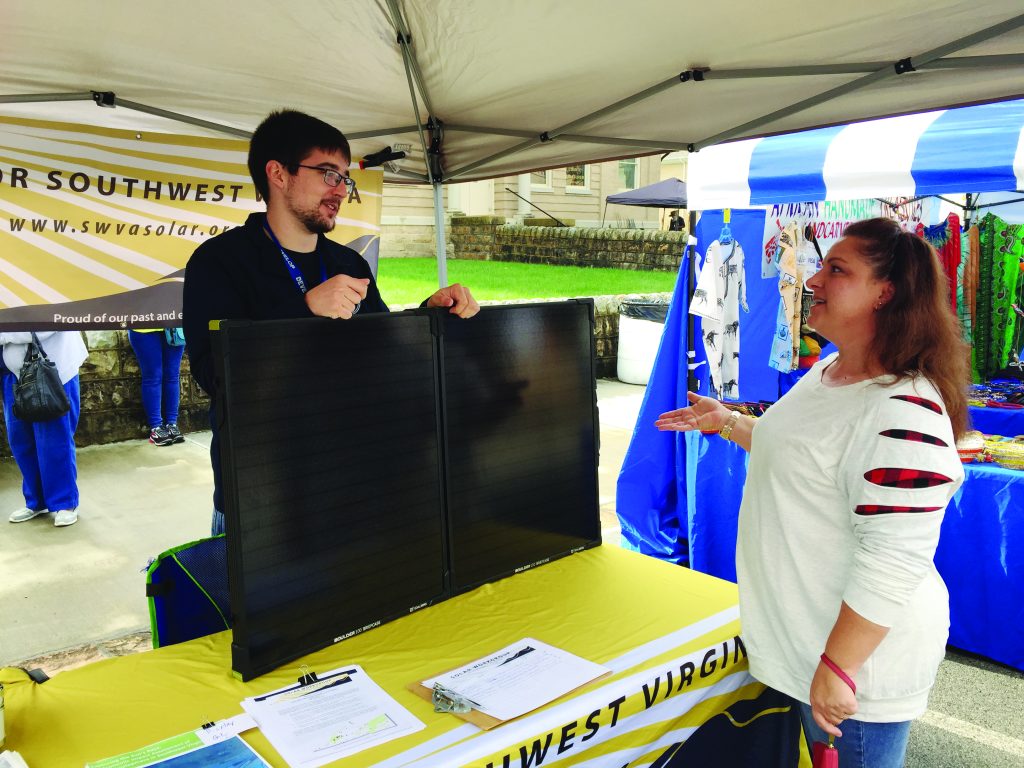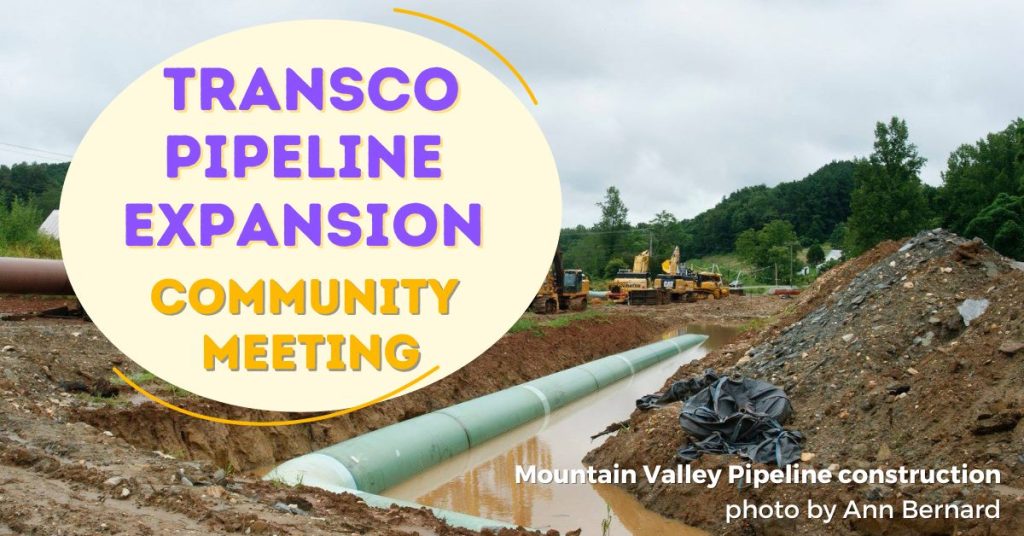Advocates support calls for full investigation of modern mine reclamation crisis
FOR IMMEDIATE RELEASE
October 19, 2023
CONTACT
Trey Pollard, 202-904-9187, trey@pollardcommunications.com
APPALACHIA — Leaders from coal-impacted communities are strongly backing the call from members of Congress for a federal investigation into the full extent of the damage caused by the coal industry’s failure to adequately clean up its mines. Letters from eight members of Congress to the federal Government Accountability Office formally requested a complete analysis of the “extent to which operators are avoiding mine reclamation” — an investigation that advocates say is an essential step in solving the crisis created by coal companies dodging their legal liability to clean up mines after production is halted.
Read the House letter
Read Sen. John Fetterman’s letter
“Right now, coal CEOs are protecting their profit margins while leaving taxpayers with the mess, the dangers and the massive bill for the clean up,” said Erin Savage, Senior Program Manager for Appalachian Voices. “Because the coal industry’s neglect is so widespread and state oversight is lax, it’s impossible to know just how deep this problem runs without a full investigation. We need the federal government to step up and take a close look at the full extent of this crisis so we can begin holding the bad actors in the coal industry fully accountable.”
Two simultaneous requests for an investigation were filed this morning, one from each house of Congress. The House letter was signed by Reps. Raul Grijalva (AZ), Don Beyer (VA), Matt Cartwright (PA), Jared Huffman (CA), Katie Porter (CA), Alexandria Ocasio-Cortez (NY), and Morgan McGarvey (KY), while Sen. John Fetterman (PA) submitted an identical request.
The congressional requests to the GAO highlights several major problems with the current modern mine reclamation process. Those include the dangerous practice of coal companies strategically declaring bankruptcy or idling — but not formally closing — old mines and shuffling them to new companies that never restart production to avoid reclamation costs. With record-keeping requirements and regulatory capacity varying across states, it is a major challenge to document the full breadth of the damage and cost to taxpayers. A major Bloomberg analysis utilizing data from Appalachian Voices found the cleanup obligations held by just three entities in multiple states is more than $800 million — a figure likely to be just a fraction of the full cost.
In addition, the congressional letters acknowledge the insufficiency of many of the bonds placed by coal companies for reclamation — bonds that often do not come close to covering the full cost of clean-up, with the difference falling to the taxpayer. As a result, an untold number of old mines are sitting unused yet polluting land and water, creating major safety and landslide hazards while offering no return to local communities. Therefore, the congressional requests ask GAO to fully document, among other things:
- The number coal permits that have neither produced coal nor made reclamation progress for a year or longer;
- The adequacy of bonds made by coal operators to fund reclamation after mines are closed.
“People living near mine sites have dealt with landslides, toxic water, and harmful water runoff issues,” said Rebecca Shelton, Director of Policy for Appalachian Citizens’ Law Center. “Citizen-led groups have been scrambling to research the scope of this crisis for years, but we need the resources of the federal government to investigate so that we understand the full extent of the problem and can craft the best solutions.”
While the Infrastructure Investment and Jobs Act of 2021 provided unprecedented resources to fund clean up at mines opened before 1977, mines started since then are subject to a completely different set of regulations and do not currently have a federal fund for reclamation. The Surface Mining Control and Reclamation Act of 1977 requires coal companies to put up money for a bond when digging a new mine. That bond is supposed to cover reclamation costs if the mining company goes bankrupt or doesn’t have the money to clean up after itself in the future. If the coal company walks away from its obligation to clean up the site and the bond is insufficient to pay for reclamation, it typically becomes the state’s responsibility. That creates uncertainty as to whether there will ever be sufficient funds to do the reclamation work — a burden that is ultimately borne by residents.
Because SMCRA allowed states to design their own bonding systems, it’s impossible to know how large the shortfall caused by this broken system will be. Estimates by Appalachian Voices found that liabilities in seven Eastern states totalled between $7.5 to $9.8 billion in 2021 — but only $3.8 billion in bonding money was available, leaving a drastic shortfall that will land in the laps of taxpayers.
Moreover, the reckless practice of coal companies strategically declaring bankruptcy to avoid reclamation responsibilities or shuffling assets to designed-to-fail new companies often allows them to shirk their responsibilities entirely, as documented in the aforementioned Bloomberg analysis utilizing Appalachian Voices’ data.
While the breadth of the crisis is not fully clear, many specific communities are already feeling the impact, leading community advocates to request action from the Office of Surface Mining Reclamation and Enforcement, as well as numerous lawsuits. Advocates are strongly supporting the lawmakers’ requests for the GAO analysis to ensure that these proposals fully address the scope of the modern mine reclamation crisis and gain momentum across parties and across Congress in the months to come.



